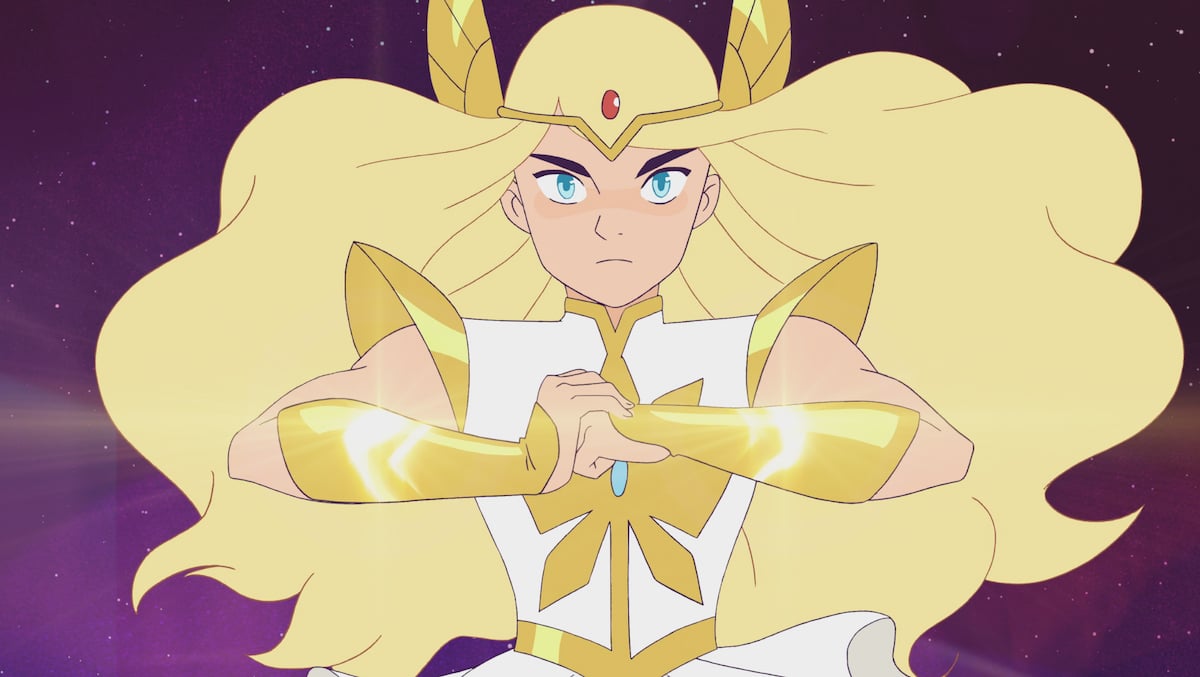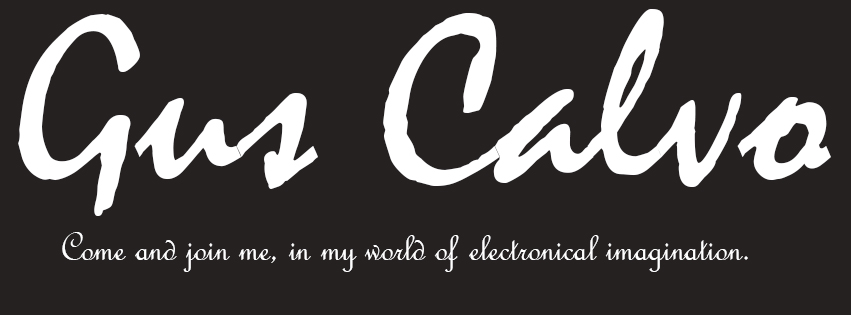 Audiovisual representation on children shows is always important, I have to say you know who you are when you are younger, sometimes it can take longer to realize who you are but at the moment you do, you know it's fine to be queer, is part of your identity and you are your own special creation and that's something no one can't take away from you.
Audiovisual representation on children shows is always important, I have to say you know who you are when you are younger, sometimes it can take longer to realize who you are but at the moment you do, you know it's fine to be queer, is part of your identity and you are your own special creation and that's something no one can't take away from you.The problematic goes on how the evolution of representation in cartoons came to be, because the prime time media set stereotypes on the community, i.e. SOAP and Billy Crystal back in 1977 and in 43 years we finally got two action oriented shows, that is child friendly and sport in a positive matter relationship between same sex individuals but also on how straight characters interact with the queer setting and the results are fantastic because it expose a positive light in which civilization didn't collapsed because two characters are in love are the same sex and even so shows trans and non binary characters as well.
The two shows I am mentioning are the Legend of Korra and She-Ra & Princesses of Power importance relays on how much a positive impact can be generated in the youth but also adults who watch these shows and feel represented by.
These two shows especially within women demographics are a ground breaking point, because on prime time media there hasn't been something as that before but with the reboot of She-Ra, it took everything tgo a whole new level because everything on the show is just phenomenal within the the LGBTQ+ but also it empowers women with strong role model and breaks the dynamics that an action show can be lead by a women and deal also with complex topics that mirror our world versus the animated universe.
Let's think towards the 80's and 90's cartoons all of them followed the same precepts on tropes: there were no relationships or little relationships at all, there was no queer representation, there was only good guys versus bad guys and that was essentially it, adding occasional musical numbers, David the Gnome was probably an exception back in the day and still because there aren't shows were the main character is an elder individual and there is a teaching about respecting nature,
If you are straight and cis, you probably will think that we don't need to put identity politics in cartoons, reality is you had swalled bullshit propaganda that deny identities of people like me, we were there in the 80's , 90's and is refreshing to see something that is so different from the same shows and formulas that were exposed back in the 80's, 80's and 2000's. Yes, there were shows as Mission Hill and somewhat The Simpsons who showed same sex couples, but on my memory it was Mission Hill with Gus and Wally that on an honest level show a functional elderly gay couple who weren't a pastiche of what is to be in a same sex relationship.
It's incredible to think that only in a lapse of 20 year queer characters are the ones being the leads on shows and Korra even being the lead her orientation wasn't openly spoke or shown, but even with Korra there was a four year gap to have a full representation within She-Ra; you are maybe thinking about Marceline and Princess Bubblegum? Even if they were there they were side characters, which happens with Steven Universe, it was Steven the main character and even if there was a deep background towards the Crystal Gems they were relegated on the background much of the time.
Which is why She-Ra is important, because it gives representation to the youth (as well the adults) that they aren't alone and there is a vocabulary to what they are feeling, but also within these two shows they set an example that action shows can be led by women but with She-Ra was it exceptional is since episode one there is a clear representation of the dynamics within lesbian, pansexual, bisexual, asexual female characters in the show and that hasn't been seen in any other cartoon.

